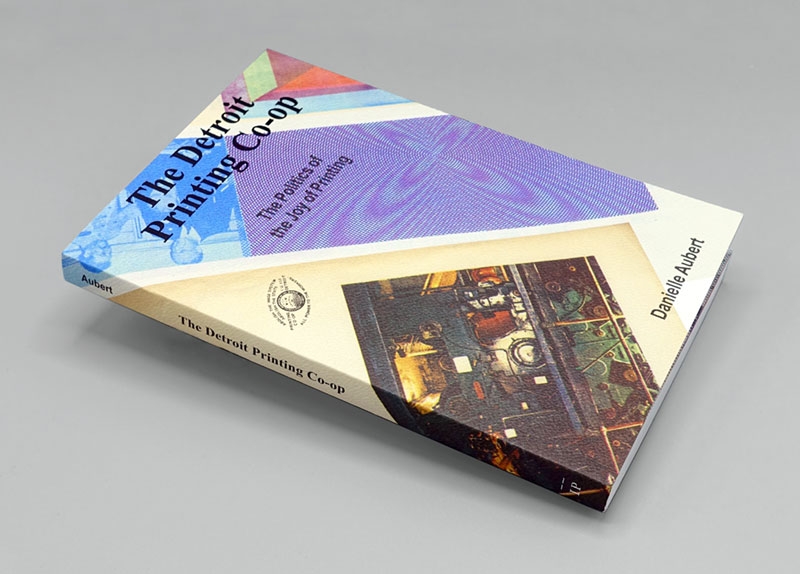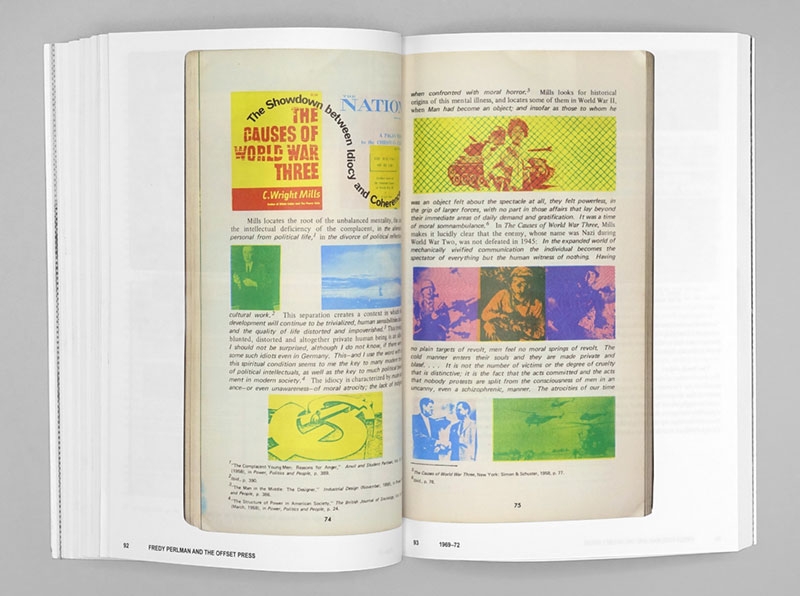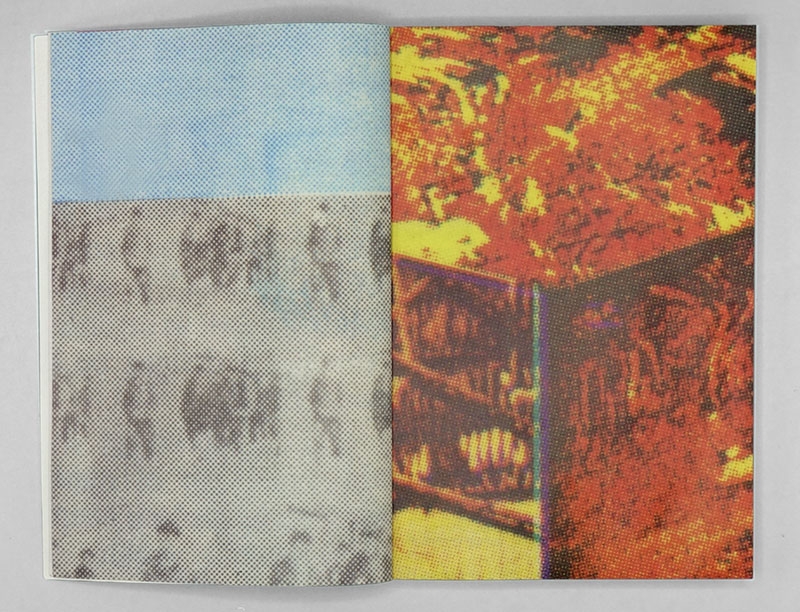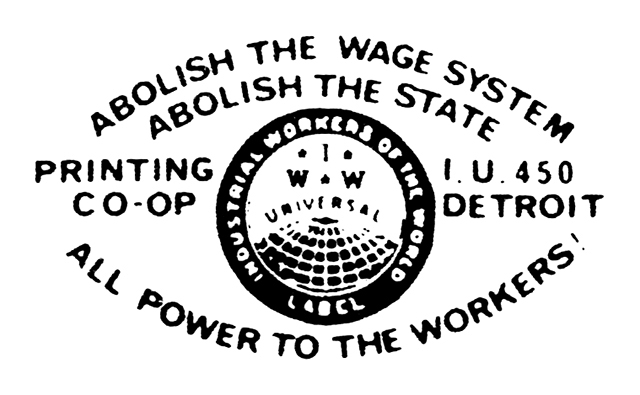





The Detroit Printing Co-op: The Politics of the Joy of Printing is an examination of the output from the Co-op, which existed from 1970 to 1980 in Southwest Detroit. It can be purchased from Inventory Books.
"In the fall of 1969, a group of friends active in radical left politics drove from Detroit to Chicago to pick up a fifty-year-old Harris offset printing press. They had received information that equipment from a recently closed print shop was for sale. The friends worked quickly to borrow money, find a work space in Southwest Detroit, and arrange for the industrial printer to be transported to Detroit. They founded the Detroit Printing Co-op and declared the equipment social property, available for use by anyone who wished to learn how to operate it and contribute to its maintenance. Over the course of the next ten years the Co-op would be the site of production for tens of thousands of leftist books, pamphlets, posters, and brochures.
The Co-op drew a wide range of people from across the city, most involved in movement politics. Some of the publications printed over the course of the 1970s include the first English translation of Guy Debord’s Society of the Spectacle; the Black Star publication The Political Thought of James Forman; the poetry magazine riverrun; five years’ worth of issues of Radical America, the journal of the Students for a Democratic Society (SDS); and Rebel’s Voice, an unofficial newspaper run by high school students. All books published by Black & Red, the radical left press that Fredy and Lorraine Perlman founded in 1970, were printed at the Co-op while it was open.
This book is an attempt to collect in one place the publications printed at the Detroit Printing Co-op. It is unlikely that it is complete, as hundreds of individuals passed through the Co-op and there was never any official 'management.' However, the range of printed materials represented here indicate a rich and vibrant political world that emanated out of the Co-op building in Southwest Detroit.
Detroit in 1969 held palpable revolutionary potential. Radicalized students were dropping out of college and moving to working class manufacturing cities where they saw possibility for enacting system change. Various leftist groups were active in Detroit, and labor unions were strong. Facing Reality, an offshoot of the Trostkyist Worker’s Party, had been a worker-intellectual hub in Detroit from the 1950s. The effects of the 1967 rebellion—quelled only when the National Guard and 101st Airborne Division were called in—were felt widely. The League of Revolutionary Black Workers organized in auto factories and some of their members made use of the Co-op equipment. The Republic of New Afrika was founded in Detroit in 1968, and the city also had a vibrant chapter of the Black Panthers. The underground newspaper The Fifth Estate was thriving, publishing biweekly issues out of their Cass Corridor offices with a circulation reaching into the tens of thousands.
Fredy and Lorraine Perlman, founding members of the Detroit Printing Co-op, were a part of a wave of radicals who moved to Detroit in the late 1960s seeking to participate in Detroit’s active political climate. Fredy was born in Czechoslovakia and had emigrated, via Bolivia, to the United States, where his family ended up in Kentucky. Lorraine grew up in Iowa City. They met in New York, where they lived for several years, then moved to Belgrade, Yugoslavia. When they returned to the United States, they found themselves in Kalamazoo, Michigan, where Fredy had a two-year teaching position at Western Michigan University. The Perlmans finally made their way to Detroit, which was racially and ethnically diverse, inexpensive, and not too far from Ann Arbor, where Lorraine was taking graduate classes. Lorraine wrote of Detroit, 'In many ways this city resembled Belgrade: it was sprawling and unpretentious, a melting-pot for arrivals from other regions, a place where factory work was held in high regard.'"
[Excerpt from the introduction to The Detroit Printing Co-op, 2019]
Related links
— Fredy Perlman and the Detroit Printing Co-opFredy Perlman and the Detroit Printing Co-op
— "The Detroit Printing Co-op Showed the Revolutionary Potential of Design" Eye on Design, Feb. 2020
— The Politics of the Joy of Printing in DetroitThe Politics of the Joy of Printing in Detroit
Press
— "Information War: Daniel Marcus on Danielle Aubert's Detroit Printing Co-op"
Photos courtesy Inventory Press